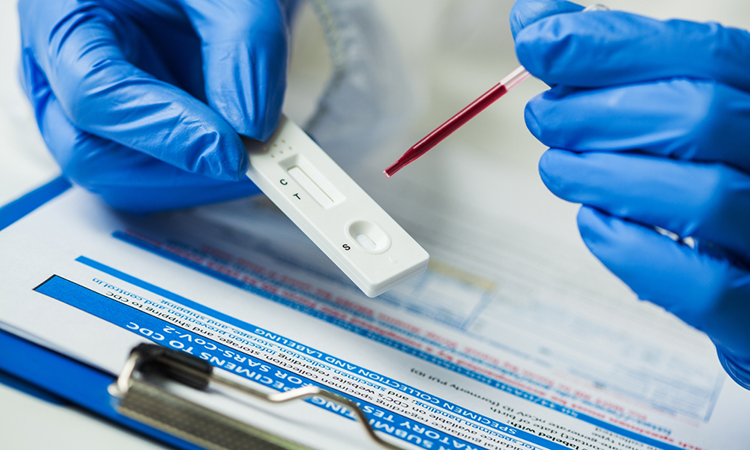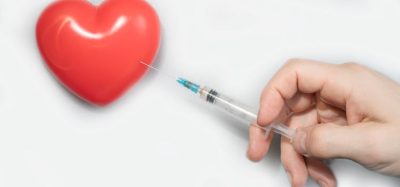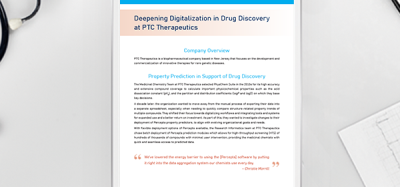Abbott receives CE mark for COVID-19 IgG quantitative antibody blood test
Posted: 16 December 2020 | Victoria Rees (European Pharmaceutical Review) | No comments yet
The new quantitative SARS-CoV-2 IgG lab-based serology test developed by Abbott has been given the CE mark.


Abbott has announced that it has received the CE Mark for its new quantitative SARS-CoV-2 Immunoglobulin G (IgG) lab-based serology test. According to the company, IgG antibody testing gives a quantitative result that provides important insights to people as they recover from COVID-19 and helps evaluate a person’s immune response to a vaccine.
“Testing will continue to help both identify those who are infected as well as determine whether people have had a natural or vaccine-induced immune response,” said Dr John Hackett, divisional vice president of Applied Research and Technology for Abbott’s diagnostics business. “Quantitative antibody testing can help provide greater understanding of a person’s immune response.”
During the early months of the pandemic, Abbott launched its first COVID-19 IgG antibody blood test, which detects the nucleocapsid protein of the virus. The new quantitative antibody test expands on this knowledge by determining both the presence and titer of antibodies present in the blood.
Abbott’s scientists designed its quantitative assay to detect the Spike (S) protein of the coronavirus, which plays an important part in how the virus enters the cells. As the body develops an immune response, antibodies develop and bind to the S portion of the virus in order to block the protein and ultimately prevent infection.
Several vaccines are designed with the S protein to trigger that same immune response. Research has also shown a correlation between rising IgG levels that target the S protein and rising levels of neutralising antibodies or the specific antibodies that block infections. Studies are underway to understand the relationship between the levels of antibodies a person has and potential immunity from the virus.
Abbott’s quantitative IgG antibody test is designed to detect levels of IgG antibodies that attach to the virus’ S protein on the virus surface in serum and plasma from individuals who are suspected to have had COVID-19, or in serum and plasma of subjects that may have been infected by SARS-CoV-2.
These tests can help healthcare professionals detect the virus at all stages of its life cycle, including tests that are done in the lab as well as rapid tests done at the point of care.
Abbott is also developing a test that it plans to submit for US Food and Drug Administration (FDA) emergency use authorisation soon.
Related topics
Antibodies, Biopharmaceuticals, Drug Development, Immunisation, Regulation & Legislation









